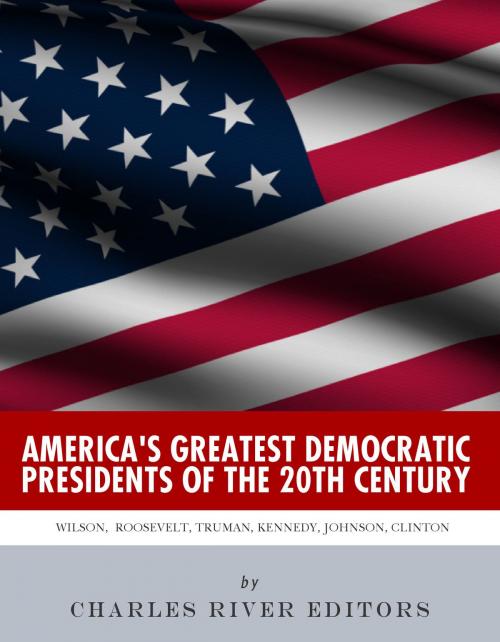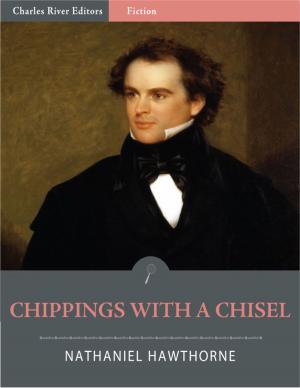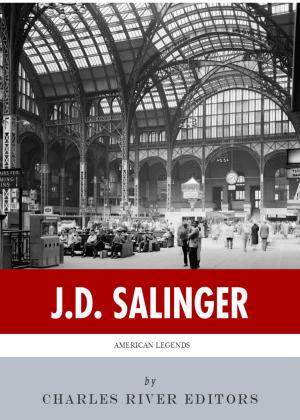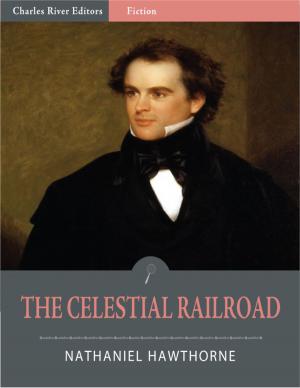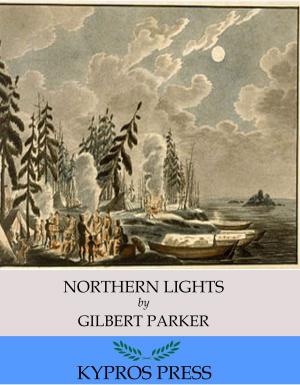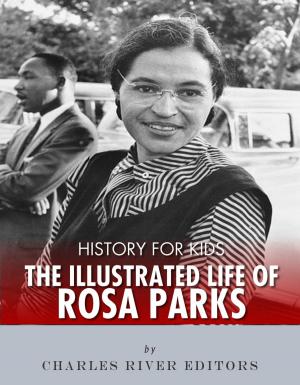America's Greatest Democratic Presidents of the 20th Century: Woodrow Wilson, Franklin D. Roosevelt, Harry Truman, John F. Kennedy, Lyndon B. Johnson and Bill Clinton
Nonfiction, History, Americas, United States, 20th Century, Biography & Memoir, Political, Historical| Author: | Charles River Editors | ISBN: | 9781475321180 |
| Publisher: | Charles River Editors | Publication: | January 12, 2013 |
| Imprint: | Language: | English |
| Author: | Charles River Editors |
| ISBN: | 9781475321180 |
| Publisher: | Charles River Editors |
| Publication: | January 12, 2013 |
| Imprint: | |
| Language: | English |
*Weaves the lives and presidencies of all 6 Democratic Presidents into one entertaining and educational narrative.*Includes dozens of pictures of the presidents and important people, places, and events in their lives.*Analyzes the legacies and accomplishments of each president. *Includes a Table of Contents. The Democrats who were elected president in the 20th century were responsible for a seemingly never ending list of accomplishments. Woodrow Wilson established the blueprint for the progressive presidents that would follow him, particularly Franklin Roosevelt and Lyndon Johnson, while guiding the nation through World War I. FDR expanded that vision with his New Deal, completely revolutionizing the social contract between Americans and their federal government. While combating the Great Depression and the Axis powers in World War II, FDR has widely been considered one of the greatest presidents in history.When Roosevelt died in April 1945, Vice President Truman, somewhat unprepared for the Presidency, now had to fill some of the biggest shoes in American history. The new president had to usher America through victory in Europe in his first month and decide to drop atomic bombs on Hiroshima and Nagasaki a few months later, but the end of World War II produced only the first of many consequential decisions Truman would face during his nearly 8 years in office. As president, Truman would lay the groundwork for the next 50 years of American foreign policy, as the architect of Cold War containment, the man who signed off on the Marshall Plan, and the commander-in-chief during much of the Korean War. In many ways, John Fitzgerald Kennedy and his young family were the perfect embodiment of the 60s. The decade began with a sense of idealism, personified by the attractive Kennedy, his beautiful and fashionable wife Jackie, and his young children. Months into his presidency, Kennedy exhorted the country to reach for the stars, calling upon the nation to send a man to the Moon and back by the end of the decade. In 1961, Kennedy made it seem like anything was possible, and Americans were eager to believe him. The Kennedy years were fondly and famously labeled Camelot, by Jackie herself, suggesting an almost mythical quality about the young President and his family. While Kennedy represented lofty ideals, it was LBJ who got in the weeds and made things happen. . To the surprise of many, the Southern Democrat relied on his wealth of Senate experience and dogged determination to help push through an ambitious and progressive social agenda that formed the backbone of modern American society. Known as the Great Society, President Johnsons legislation included the landmark Civil Rights Act of 1964, as well as the establishment of Medicare, Medicaid, environmental protection, and the "War on Poverty." Everything from the National Endowment for the Arts to the Environmental Protection Agency has its roots in Johnsons presidency.The most popular Democrat alive today is "The Comeback Kid", Bill Clinton.Widely hailed as the greatest politician of his era, Clinton proved to be his own worst enemy, creating unnecessary scandals through his womanizing. Clinton was one of the first politicians to truly connect with young adults, yet in the process he provided ludicrous soundbytes like I did not inhale. Long considered the Democratic Partys greatest spokesman and surrogate, Clintons presidency was defined by centrist triangulation. And though he is still publicly popular and considered a great president, Clinton became just the second president to be impeached in the House of Representatives. Americas Greatest Democratic Presidents of the 20th Century looks at the lives and presidencies of these historic men and analyzes their legacies. Along with pictures and a Table of Contents, you will learn about them like you never have before.
*Weaves the lives and presidencies of all 6 Democratic Presidents into one entertaining and educational narrative.*Includes dozens of pictures of the presidents and important people, places, and events in their lives.*Analyzes the legacies and accomplishments of each president. *Includes a Table of Contents. The Democrats who were elected president in the 20th century were responsible for a seemingly never ending list of accomplishments. Woodrow Wilson established the blueprint for the progressive presidents that would follow him, particularly Franklin Roosevelt and Lyndon Johnson, while guiding the nation through World War I. FDR expanded that vision with his New Deal, completely revolutionizing the social contract between Americans and their federal government. While combating the Great Depression and the Axis powers in World War II, FDR has widely been considered one of the greatest presidents in history.When Roosevelt died in April 1945, Vice President Truman, somewhat unprepared for the Presidency, now had to fill some of the biggest shoes in American history. The new president had to usher America through victory in Europe in his first month and decide to drop atomic bombs on Hiroshima and Nagasaki a few months later, but the end of World War II produced only the first of many consequential decisions Truman would face during his nearly 8 years in office. As president, Truman would lay the groundwork for the next 50 years of American foreign policy, as the architect of Cold War containment, the man who signed off on the Marshall Plan, and the commander-in-chief during much of the Korean War. In many ways, John Fitzgerald Kennedy and his young family were the perfect embodiment of the 60s. The decade began with a sense of idealism, personified by the attractive Kennedy, his beautiful and fashionable wife Jackie, and his young children. Months into his presidency, Kennedy exhorted the country to reach for the stars, calling upon the nation to send a man to the Moon and back by the end of the decade. In 1961, Kennedy made it seem like anything was possible, and Americans were eager to believe him. The Kennedy years were fondly and famously labeled Camelot, by Jackie herself, suggesting an almost mythical quality about the young President and his family. While Kennedy represented lofty ideals, it was LBJ who got in the weeds and made things happen. . To the surprise of many, the Southern Democrat relied on his wealth of Senate experience and dogged determination to help push through an ambitious and progressive social agenda that formed the backbone of modern American society. Known as the Great Society, President Johnsons legislation included the landmark Civil Rights Act of 1964, as well as the establishment of Medicare, Medicaid, environmental protection, and the "War on Poverty." Everything from the National Endowment for the Arts to the Environmental Protection Agency has its roots in Johnsons presidency.The most popular Democrat alive today is "The Comeback Kid", Bill Clinton.Widely hailed as the greatest politician of his era, Clinton proved to be his own worst enemy, creating unnecessary scandals through his womanizing. Clinton was one of the first politicians to truly connect with young adults, yet in the process he provided ludicrous soundbytes like I did not inhale. Long considered the Democratic Partys greatest spokesman and surrogate, Clintons presidency was defined by centrist triangulation. And though he is still publicly popular and considered a great president, Clinton became just the second president to be impeached in the House of Representatives. Americas Greatest Democratic Presidents of the 20th Century looks at the lives and presidencies of these historic men and analyzes their legacies. Along with pictures and a Table of Contents, you will learn about them like you never have before.
